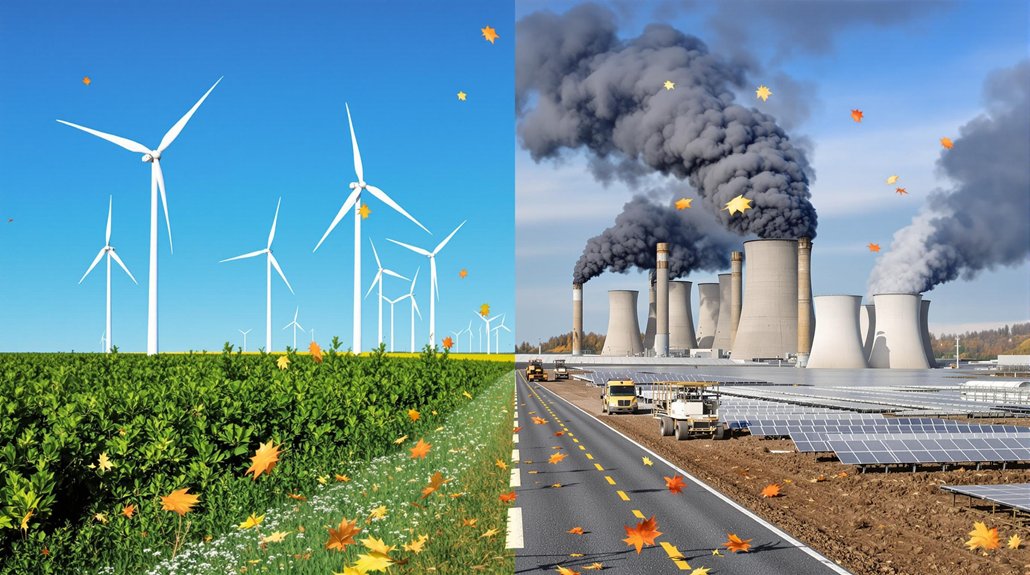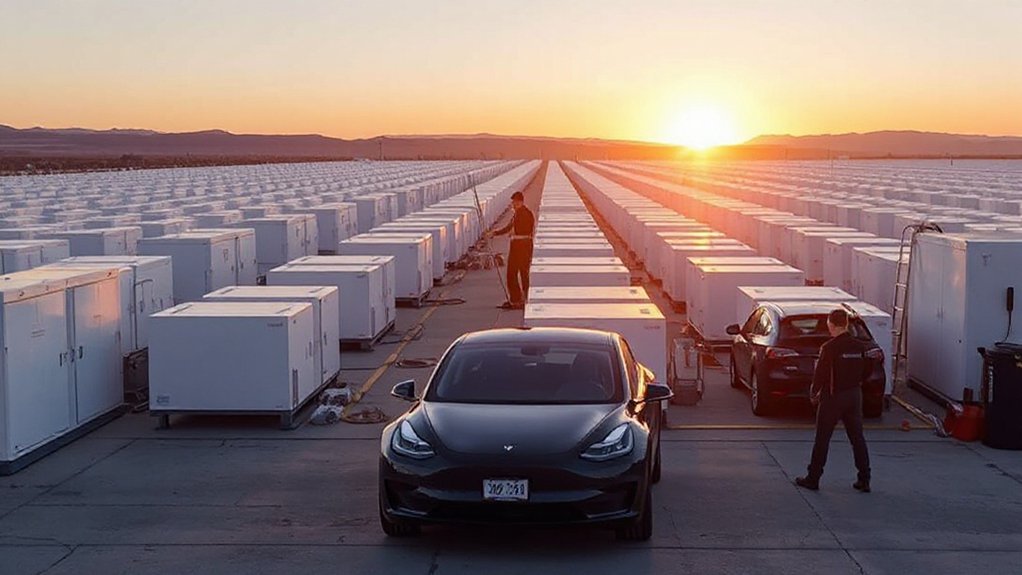After years of being seen as a climate leader, Sweden has begun a significant shift away from its ambitious environmental goals. The country’s climate policy framework, adopted in 2017, originally aimed for climate neutrality by 2045 with at least 85% greenhouse gas reductions from 1990 levels. Now, the government is struggling to meet its 2030 targets.
Sweden’s famous carbon tax, once among the world’s highest at SEK 1,510 per tonne of CO₂, is losing its central role in climate policy. Recent changes include major cuts to transport fuel taxes despite earlier plans to increase them. Experts warn that these reduced price signals weaken Sweden’s ability to cut emissions effectively.
Sweden’s climate leadership falters as its once-powerful carbon tax takes a backseat to economic priorities.
The country has pivoted toward green industrial policy instead of strict emissions pricing. Up to $40 billion in state-backed loans have been pledged for new nuclear reactors. Support has increased for innovative sectors like steel and battery manufacturing through projects like Hybrit and Northvolt. The bankruptcy of Northvolt demonstrates the potential pitfalls of government-backed green industrial initiatives.
This shift assumes green technology investment will create jobs while offsetting a slowdown in emission reductions. As political uncertainty grows, clean energy manufacturing seems to follow similar patterns seen in the U.S., where production capacity has declined to 65% utilization in solar manufacturing.
Transport sector progress is mixed. While electrification efforts have increased, there’s slower movement on reducing fossil fuels in heavy transport. The 2030 target of 63% emissions reduction in effort-sharing sectors is now projected to fall short without new measures.
Land use issues are also problematic. The LULUCF sector (land use, land-use change, forestry) is expected to miss 2030 targets by 7–19 million tonnes of CO₂e. Debates continue over whether to increase forest growth or reduce logging to meet carbon sink goals.
The Climate Policy Council, established as an independent expert body to evaluate government policies, has expressed serious concerns about the current trajectory away from climate goals. Political support for ambitious climate goals is weakening, with some parties calling for weaker interim milestones. The national budget increasingly balances climate ambitions against other priorities, resulting in diluted emissions policies.
This retreat mirrors similar trends across the European Union, where economic and energy security concerns have begun to overshadow climate commitments.
References
- https://cse-net.org/swedens-green-industrial-policy-and-carbon-pricing/
- https://www.europarl.europa.eu/RegData/etudes/BRIE/2024/767174/EPRS_BRI(2024)767174_EN.pdf
- https://www.naturvardsverket.se/en/international/swedish-environmental-work/swedens-climate-act-and-climate-policy-framework/
- https://www.government.se/contentassets/e731726022cd4e0b8ffa0f8229893115/swedens-draft-integrated-national-energy-and-climate-plan/
- https://www.oecd.org/en/publications/2025/03/oecd-environmental-performance-reviews-sweden-2025_409c4061.html









